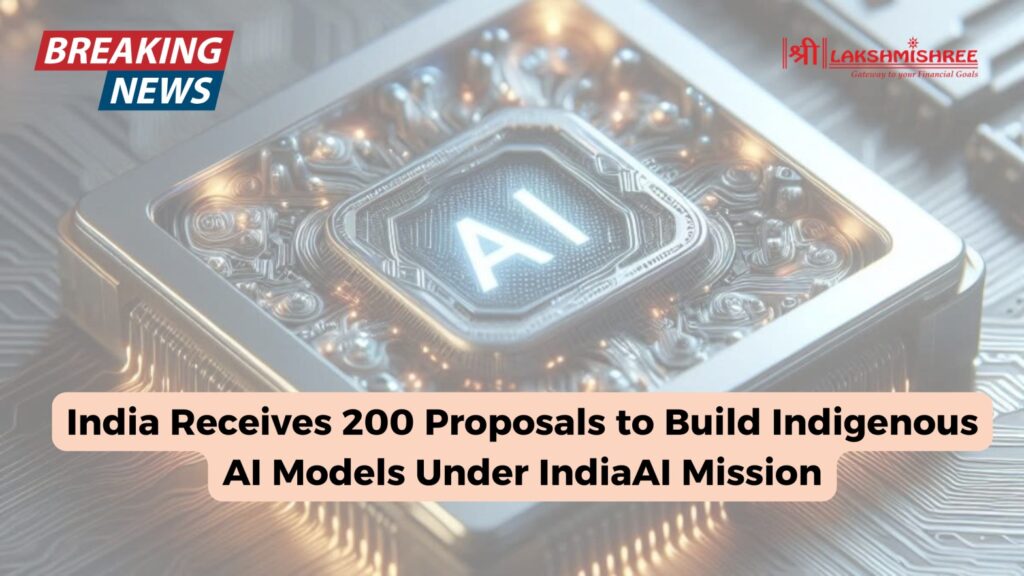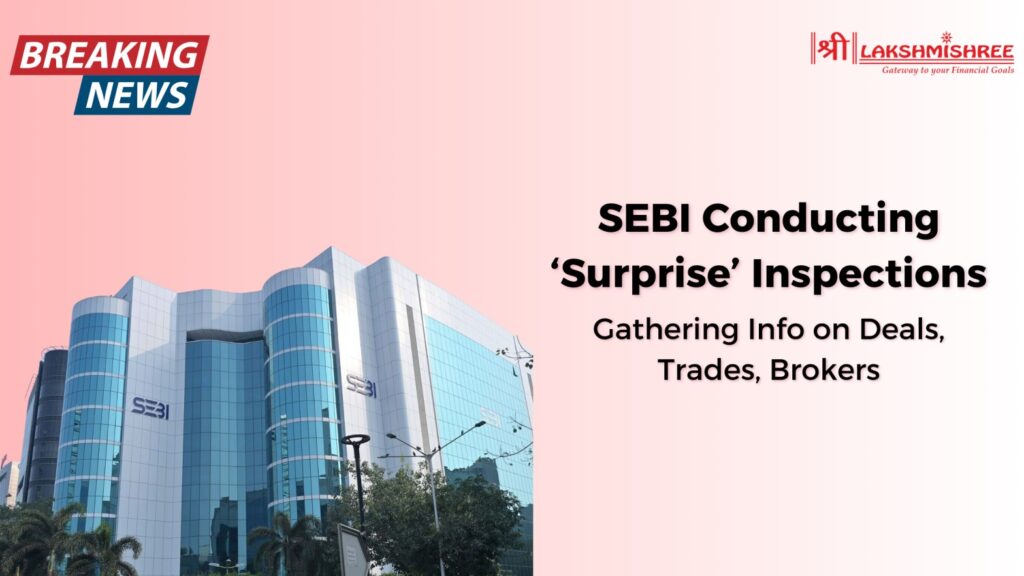India has received nearly 200 proposals for developing homegrown artificial intelligence (AI) models tailored to Indian datasets, languages, and contexts under the IndiaAI Mission. This initiative aims to create indigenous AI solutions and reduce reliance on foreign models.
Abhishek Singh, Additional Secretary, Ministry of Electronics and Information Technology (MeitY), stated that India has significant AI capabilities and government funding to support the development of foundational AI models. He expressed confidence that India will soon have its own AI foundation model.
The IndiaAI Mission, approved last year, received a funding allocation of ₹1,500 crore on February 11 to support this effort. Earlier, on January 30, Union IT Minister Ashwini Vaishnaw announced India’s ambition to develop a Large Language Model (LLM) to cater to the country’s specific needs.
For enabling AI development, MeitY launched AI Kosha, a non-personal datasets platform, along with the IndiaAI Compute Portal and a GPU access portal on March 6. These platforms will allow startups and researchers to access high-performance computing resources for AI training.
The government received 67 proposals by February 15 and an additional 120 by March 15, bringing the total to nearly 200. Singh noted that AI talent in India is ready, but the lack of computational infrastructure has been the single largest barrier. The IndiaAI Mission is attempting to overcome this through investments in semiconductor manufacturing and chip design via initiatives like the Design Linked Incentive (DLI) scheme.
Singh also highlighted the necessity of power-efficient GPUs and semiconductor technology innovation to reduce the cost of AI model training. Semiconductor innovation will take time, but Indian researchers and startups have already begun the journey of building a strong AI ecosystem.
Simultaneously, the Bengaluru Nano Electronics Roadshow also showcased over 100 intellectual properties (IPs), 50 state-of-the-art technologies, and innovations from over 35 startups. The event, which was attended by over 700 industry leaders, policymakers, and academicians, was a testament to India’s drive to enhance its nanoelectronics sector.
MeitY Secretary S. Krishnan said that India is integrating various efforts under the India Semiconductor Mission to encourage semiconductor manufacturing. He pointed out that nearly 70-75% of the investments in big semiconductor plants are via taxpayer funds and therefore it is a collective responsibility to ensure that it is made a success. Four Memorandums of Understanding (MoUs) between industry and academia to foster innovation were also signed at the event.
Do you have a news tip for Lakshmishree reporters? Please email us at media@lakshmishree.com.
Source: Moneycontrol.

News Desk



